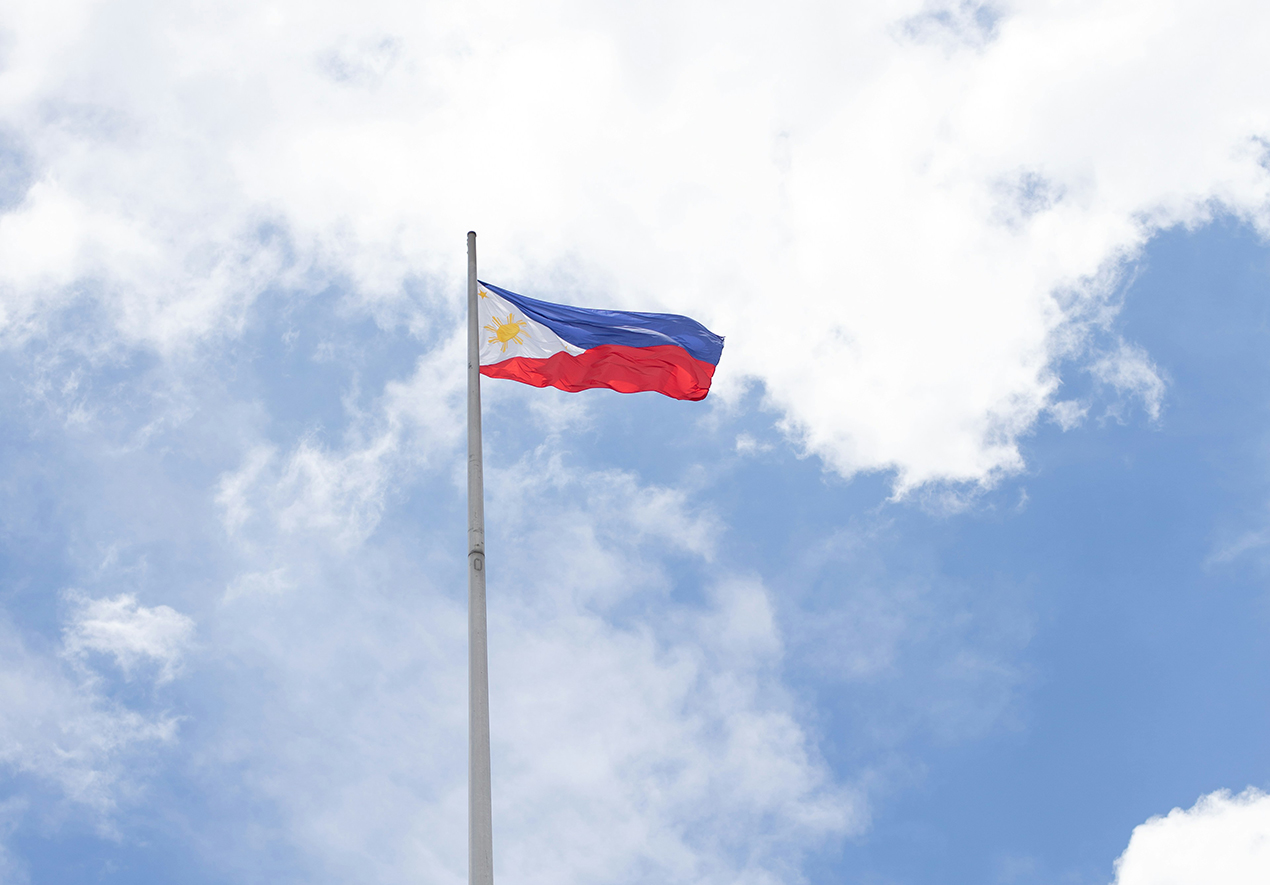News
Philippines Fully Promotes Energy Self-sufficiency Strategy
In the past two years or so, international
oil prices have continued to remain at high levels, which has undoubtedly made
it worse for the Philippine economy, which relies on imported crude oil. In
order to reduce the threat of high oil prices to the Philippines and revive the
economy, the Arroyo government is making every effort to develop new energy
sources to achieve an energy self-sufficiency strategy.
The Philippines has very few oil and gas
resources and mainly relies on imports. Annual crude oil imports are
approximately 126 million barrels. Philippine Energy Secretary Lotila said:
"For every US$1 increase in world oil prices, the Philippines' foreign
exchange reserves will decrease by US$126 million." Experts predict that
the world's demand for energy will continue to rise. Currently, the global
demand is equivalent to about 2.2 US dollars per day. billion barrels of oil
energy will climb to 335 million barrels by 2030. In order to achieve
Philippine energy independence, the Philippine government has formulated an
energy self-sufficiency strategy and strives to achieve 60% energy
self-sufficiency in 2010.
First, focus on jointly developing oil and
gas resources in the waters of Palawan, Sulu and Cebu with Japan, the United
States, Australia, China, Malaysia and other countries. Secondly, strengthen
cooperation with oil-producing countries Saudi Arabia, Russia and some African
countries to develop the oil and gas resources of these countries and ensure
the Philippines' oil supply. Third, gradually transform the energy consumption
structure. The government will greatly reduce the proportion of crude oil used,
and by 2010 at least 25% of petroleum will be replaced by biofuels. The
government will vigorously promote the use of compressed natural gas and
liquefied petroleum gas. Recently, the Philippine Congress passed a bill on
bioethanol, biodiesel and other biofuels, which aims to increase the use of
alternative energy and ensure that new energy enjoys zero value-added tax in
the form of legislation. The bill clearly stipulates that fuel additives such
as 1% coconut oil and 5% ethanol will be added to gasoline, diesel and other
fuels. The government will also increase the proportion of natural gas, wind,
solar and geothermal power generation, and ultimately achieve zero oil power
generation. At the same time, we must reduce oil imports through energy
efficiency improvements. Fourth, vigorously develop renewable energy. The first
is to attract more investment and build the Philippines into the world's
largest geothermal energy power generation country. The Philippines has many
volcanoes and rich geothermal resources. At present, the total geothermal power
generation capacity is 1.931 million kilowatts, second only to the United
States, which can meet 21% of the Philippines’ electricity demand, ranking
first in the world. The second is to invest in the construction of a biogas
power station with a power generation capacity of 30,000 kilowatts. The third
is to fully promote the development of biofuels. The Philippines is located in
the tropics and is an agricultural country. It is rich in plant resources and
can replace oil with agricultural products. President Arroyo called on local
governments to raise their own funds to plant Jatropha at the National Vice
Mayors Alliance Conference on April 29 this year, saying that Jatropha is the
most perfect substitute for biodiesel in the future. The Philippine government
has allocated 500 million pesos to research, develop and produce Jatropha
biodiesel, and the Philippine National Petroleum Corporation and the Philippine
Forestry Corporation have experimentally planted 5,000 hectares of Jatropha in
East Negro Province.

RELATED NEWS
- U.S. Renewable Energy Use to Surpass Coal Production for First Time
- France Plans to Close all Coal Power Plants within Two Years
- Global Energy Research Center Predicts that Oil Prices will Remain High in 2008
- India Renews Purchase of Iranian Oil
- U.S. Department of Energy Allocates $120 Million to Fund Electric Vehicle Projec
